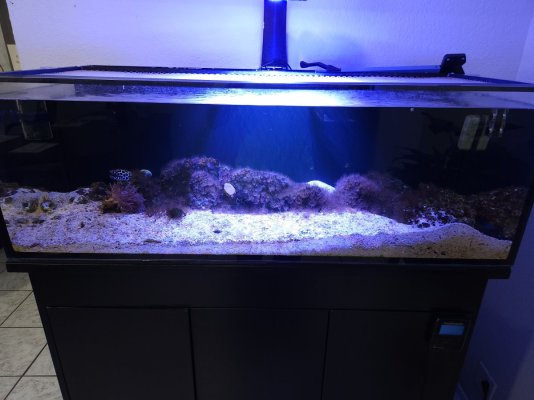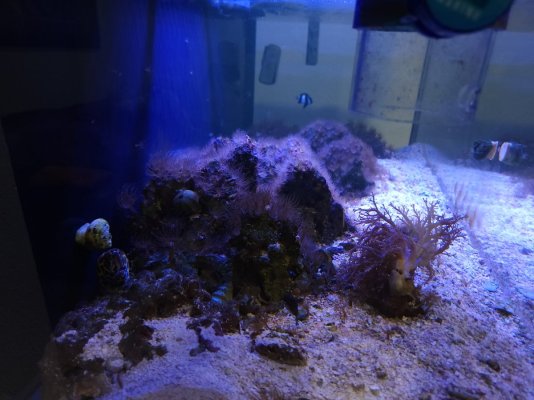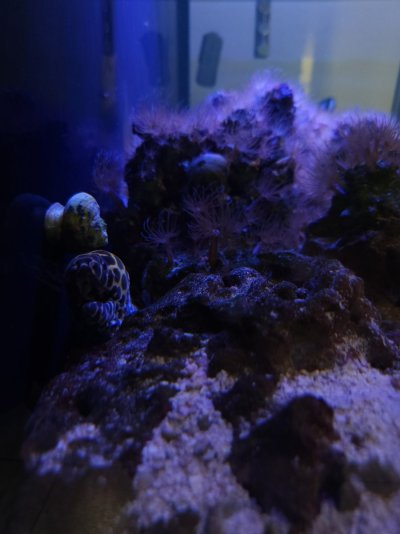So I asked this when I first started before I knew what Aiptasia was.
I have since observed Aiptasia in every single LFS retail location I have visited. They all have it in their systems. It's not a lot. It's not covering everything. But it's present.
I understand and agree with the idea that you do not purchase anything with a polyp on it. My question is this: How concerned should I be that I might get it from corals or invertebrates in the same system as Aiptasia polyps? I know enough not to put the LFS water into my tank. But can spores ride on snail shells or within frags? And if so, what are the real-world practical chances of getting Aiptasia this way? None of the LFS staffs seem to be super concerned about it. They treat it mostly like an annoyance.
So far I have avoided it completely, even though I have taken no precautions. I have not done any dipping. I don't quarantine. All I do is avoid putting the LFS water in (I drain it from the bag first). But that's literally all I have done. No sign of it yet, but I recognize the possibility I may just be lucky. So I wanted to get an informed opinion.
Also...how are people able to sell it if it's so easy to get? - https://www.carolina.com/catalog/de...vrcFwKHHrjPnrT9ZOVFIjuiZHsjQbe7oaAvqcEALw_wcB

I have since observed Aiptasia in every single LFS retail location I have visited. They all have it in their systems. It's not a lot. It's not covering everything. But it's present.
I understand and agree with the idea that you do not purchase anything with a polyp on it. My question is this: How concerned should I be that I might get it from corals or invertebrates in the same system as Aiptasia polyps? I know enough not to put the LFS water into my tank. But can spores ride on snail shells or within frags? And if so, what are the real-world practical chances of getting Aiptasia this way? None of the LFS staffs seem to be super concerned about it. They treat it mostly like an annoyance.
So far I have avoided it completely, even though I have taken no precautions. I have not done any dipping. I don't quarantine. All I do is avoid putting the LFS water in (I drain it from the bag first). But that's literally all I have done. No sign of it yet, but I recognize the possibility I may just be lucky. So I wanted to get an informed opinion.
Also...how are people able to sell it if it's so easy to get? - https://www.carolina.com/catalog/de...vrcFwKHHrjPnrT9ZOVFIjuiZHsjQbe7oaAvqcEALw_wcB



















